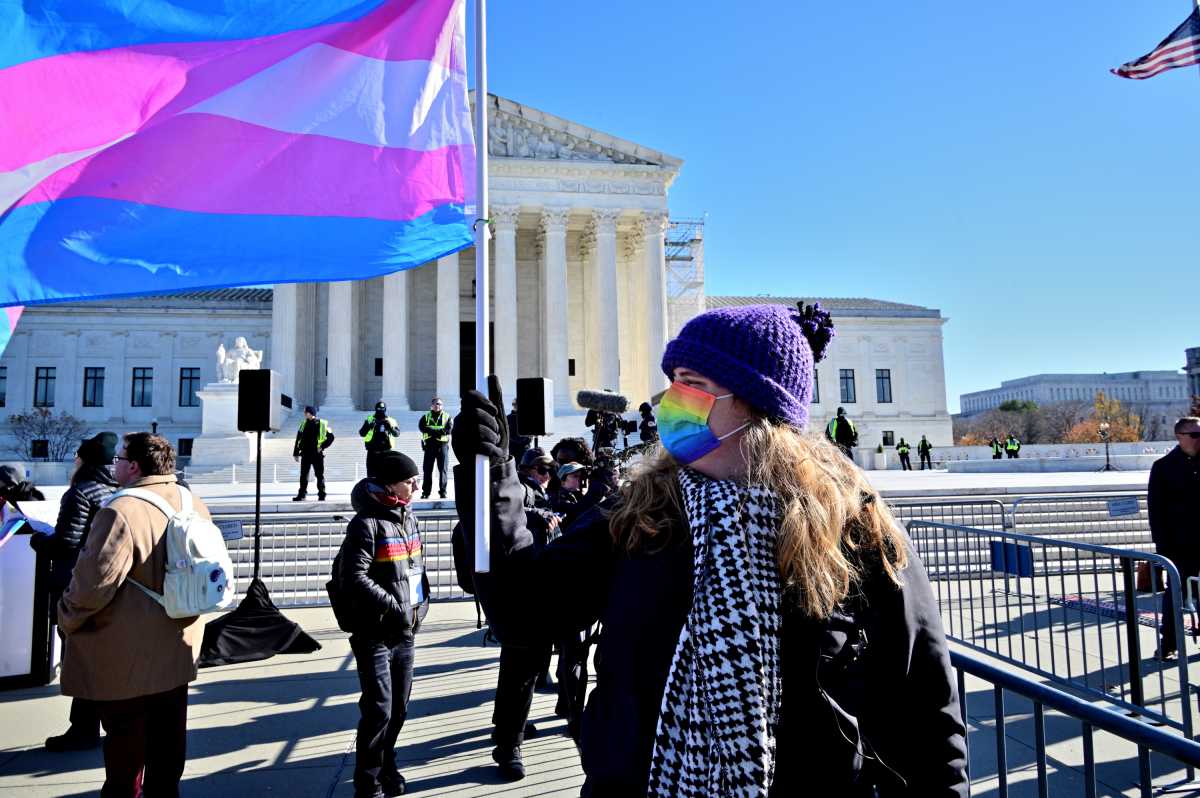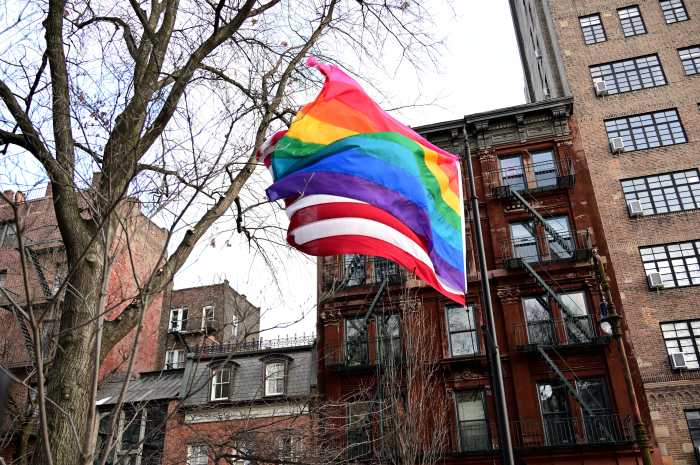Ruling 6-3, the US Supreme Court on June 18 upheld Tennessee’s state law banning gender-affirming care for youth, representing a setback for trans rights at a time when dozens of states have moved to restrict care for youth.
The vote in US v. Skrmetti was along ideological lines, with the six conservative justices opting to uphold the Tennessee law, while the three liberal justices dissented.
John Roberts, the chief justice, wrote that questions about gender-affirming care should be determined by “the people, their elected representatives and the democratic process,” and he made the case that the law does not violate the Constitution’s equal protection clause.
“This case carries with it the weight of fierce scientific and policy debates about the safety, efficacy, and propriety of medical treatments in an evolving field,” Roberts wrote. “The voices in these debates raise sincere concerns; the implications for all are profound. The Equal Protection Clause does not resolve these disagreements.”
Justice Sonia Sotomayor — joined by Justices Elena Kagan and Ketanji Brown Jackson — wrote that the decision “authorizes, without second thought, untold harm to transgender children and the parents and families who love them.”
“Because there is no constitutional justification for that result, I dissent,” Sotomayor wrote.
In a joint release, Lambda Legal and the American Civil Liberties Union noted that the Supreme Court agreed with part of the Sixth Circuit Court of Appeals’ opinion in favor of allowing the law to take effect, but — despite widespread concerns that the case could pave the way for other restrictions on gender-affirming care for youth — framed the ruling as one that is limited to the context of the Tennessee case and does not impact other cases pertaining to discrimination on the basis of gender identity.
“Today’s ruling is a devastating loss for transgender people, our families, and everyone who cares about the Constitution,” Chase Strangio, co-director of the ACLU’s LGBTQ & HIV Project, said in a written statement. “Though this is a painful setback, it does not mean that transgender people and our allies are left with no options to defend our freedom, our health care, or our lives. The court left undisturbed Supreme Court and lower court precedent that other examples of discrimination against transgender people are unlawful. We are as determined as ever to fight for the dignity and equality of every transgender person and we will continue to do so with defiant strength, a restless resolve, and a lasting commitment to our families, our communities, and the freedom we all deserve.”
Sasha Buchert, counsel and director of the Nonbinary and Transgender Rights Project at Lambda Legal, described the ruling as “heartbreaking.”
“But we will continue to fight fiercely to protect them,” Buchert said. “Make no mistake, gender-affirming care is often life-saving care, and all major medical associations have determined it to be safe, appropriate, and effective. This is a sad day, and the implications will reverberate for years and across the country, but it does not shake our resolve to continue fighting.”
GLAD Law and the National Center for LGBTQ Rights (NCLR) similarly made the case that the decision does not impact states where care for trans youth is not restricted.
“The court’s ruling abandons transgender youth and their families to political attacks,” National Center for LGBTQ Rights legal director Shannon Minter said in a written statement. “It ignored clear discrimination and disregarded its own legal precedent by letting lawmakers target young people for being transgender. Healthcare decisions belong with families, not politicians. This decision will cause real harm.”





































